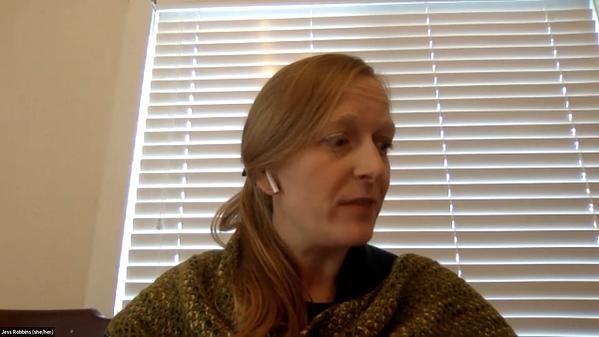Would you like to see your presentation here, made available to a global audience of researchers?
Add your own presentation or have us affordably record your next conference.
keywords:
aging and life course
children and youth
disability
COVID-19 has unmasked the ways that chronological age--and especially old age--has become a lethal marker of otherness in both lay and medical discourses. This panel aims to contextualize the current intersections of age and crisis in the longstanding, if banal, ways that age and aging have marked forms of otherness across time and place. Recognizing that practices of age-based othering can be both (and sometimes simultaneously) lethal and generative, we ask how such practices are linked to the ways life and lives come to be valued. How have various forms of expert knowledge, including anthropology, participated in constructions of aged others, and with what consequences? While old age has drawn most of the attention around these issues, this panel explores how age marks value and otherness across the lifecourse, for example, in the ways that youth come to be marked as dangerous or transgressive, or that people with disabilities come to be treated as child-like. The papers on this panel examine how age intersects with other forms of difference, such as race, ethnicity, gender, sexuality, class, and ability, and investigate how such forms of difference relate to sociocultural and political-economic forms of inequality. In the first paper, Buch and Robbins explore how enduring distinctions between “the West” and “the rest” shape anthropological research on aging, and how these distinctions obscure links between age and power in the ethnographic record. In the second paper, Thomason examines how age has become a source of critique of rural Chinese grandparent care in ways that reveal the hegemony of nuclear family ideals. In the third paper, Grace demonstrates that Ecuadorian assumptions of equivalence between student and youth identities are belied by gendered practices of familial care, leading to unequal gendered forms of citizenship. In the fourth paper, Wright describes a medical treatment to show that practices that conceive of people with disabilities as living in non-normative temporalities produce unequal forms of personhood even when they aim to promote inclusion. In the fifth paper, Valente draws upon a case study of a Brazilian youth upon his eighteenth birthday to show how age demarcates persons seen as deserving care versus punishment in relation to criminal justice. This panel contends that age plays an undertheorized role in the structuring of power and inequality across social worlds. Collectively, these papers ask how age categories participate in the generation of valued life and lives, so that anthropology can better account for the intertwined workings of age and power.

